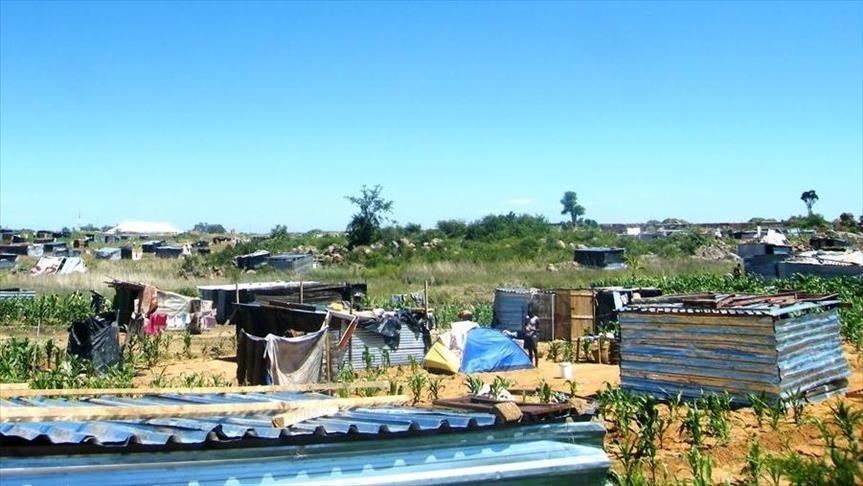Although the southern African country of Zimbabwe had succeeded to decrease open defecation from 30.6% in 2000 to 23.5% in 2020, hordes of residents in the capital Harare are off late facing the challenge to relieve themselves, as public toilets have been locked due to water scarcity.
On eve of World Toilet Day, which is being observed on Friday, Shonani Musindo, 27, a resident, told Anadolu Agency that the situation has worsened due to the water shortage. The alleys and pavements in the city have turned open defecation places for the desperate people in absence of toilets.
With no water available for toilets even in the homes, Benson Chikwekwe, 33, living in Harare’s Dzivarasekwa Extension high-density suburb, said most of the residents have been forced to switch to the bucket system. They are relieving themselves in buckets in their homes and dumping the waste at times in the open or in drainage systems near their homes.
Melford Muchayiwa, another resident, said he just sneaks into the nearby bushes each time he has to relieve because there is no water most of the time in the toilet at home.
Dewa Mavhinga, Southern Africa director with the Human Rights Watch, has urged the government to prioritize the restoration of sanitation infrastructure to check the practice of open defecation.
Many city dwellers around informal settlements have resorted to building pit latrine toilets to cope with the deteriorating sanitary systems.
As desperate people turn to pavements in downtown Harare to relieve themselves, it is causing stink everywhere.
An on-the-spot visit by the Anadolu Agency found just one functioning public toilet in Harare’s Mbare township, but it also neither had sinks nor a flushing system.
Zimbabwe Lawyers for Human Rights (ZLHR) has reminded the government to scale up efforts to address the sanitation problem in urban and rural communities.
Reuben Akili, program manager for the Combined Harare Residents Trust, blamed the lack of running water for the absence of toilets.
“The causative issue is lack of access to water. Public toilets in the city center or high-density areas are always closed each time there's no water,” he said.
In the wake of mounting water crises, some of the public toilets have been adopted by local businesses. The Batanai Affirmative Youths Trust, a voluntary group, has also started a project to adopt a public toilet at the bus terminal at Highfield’s Machipisa shopping center.
But there are many areas like Sunridge and Marimba where toilets continue to be closed for the public.
